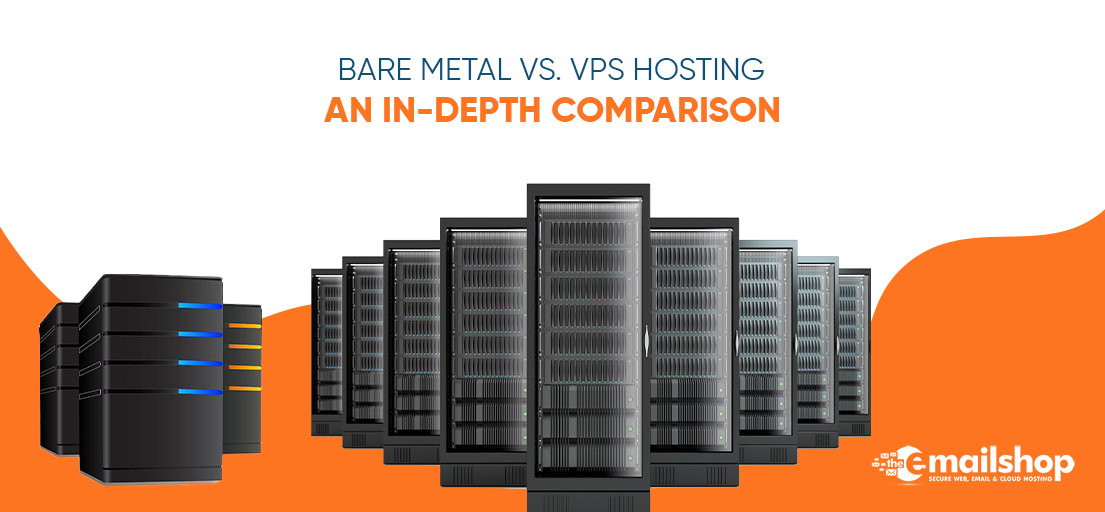Introduction to Reseller Hosting: A Basic Overview
Reseller hosting is a type of web hosting where the account owner has the ability to use their allotted hard drive space and bandwidth to host websites on behalf of third parties. Essentially, the reseller purchases the host’s services wholesale and then sells them to customers, possibly for a profit. It’s like renting an apartment block and then subletting the individual apartments to different tenants. This form of hosting is often used by web-design firms and similar businesses to offer web hosting as part of their service package. It’s a cost-effective way for these businesses to have their websites hosted while also providing the same service to their clients.
Understanding the Concept of Reseller Hosting: How It Works
Reseller hosting is a unique concept in the world of web hosting that allows you to become a web host yourself. Here’s how it works: you purchase a hosting plan from a hosting provider, then resell parts of that plan to others as individual hosting packages. Essentially, you’re renting out space on a server you’ve leased. This is a great way for entrepreneurs to start their own small hosting business or for web designers and developers to offer hosting as an added service to their clients. It’s a straightforward way to generate income, and the best part is that the technical aspects, like server maintenance and management, are handled by the original hosting provider.
The Role and Importance of Reseller Hosting in Today’s Digital Market
Reseller hosting plays a pivotal role in today’s digital market, offering a cost-effective way for businesses to expand their digital footprint. It involves purchasing hosting services from a provider and then reselling them to other customers, creating a profitable business model. This approach is vital for small businesses looking to establish a strong online presence without the high costs of maintaining their own servers. It also allows them to offer their customers personalized hosting packages, tailored to their specific needs. Thus, reseller hosting is not just a smart business strategy, but also an essential service in the digital era, enabling businesses to thrive in the online marketplace.
The Benefits of Reseller Hosting: A Comprehensive Analysis
Reseller hosting offers a plethora of benefits, making it an enticing option for many businesses. For starters, it provides an excellent opportunity for revenue generation. By purchasing a large amount of server space and reselling it to other businesses, you can earn substantial profits. Additionally, it allows for greater control. You can manage and customize the hosting environment to meet the specific needs of your clients. It’s also a cost-effective solution. With reseller hosting, you bypass the hefty expense of maintaining your own servers. Moreover, it helps you expand your services. If you’re a web developer or a designer, you can add web hosting to your offerings, providing a more comprehensive service to your clients. Finally, many reseller plans come with helpful tools for managing your business, such as billing software and control panels.
The Potential Challenges and Risks Involved in Reseller Hosting
Reseller hosting can offer a profitable business opportunity, but it does come with potential challenges and risks. One primary concern is the technical knowledge required. As a reseller, you’ll need to manage your server space, handle customer service issues, and troubleshoot technical problems. This can be time-consuming and require skills that not everyone possesses. Additionally, there’s the risk of server downtime. If the main host experiences any technical issues, your customers’ websites could go offline, potentially damaging your reputation. Lastly, you’re also dependent on the quality and reliability of your hosting provider. If they provide poor service, it will directly impact your business. Therefore, it’s crucial to carefully consider these risks before diving into reseller hosting.
How to Get Started with Reseller Hosting: A Step-by-Step Guide
Getting started with reseller hosting is not as daunting as it may seem. The first step is to understand what reseller hosting is; it’s a service that allows you to purchase hosting services from a provider and then resell them to your own customers. Once you have a grasp of this, choose a reputable hosting provider that offers reseller hosting packages. These packages should include ample storage, bandwidth, and administrative features to manage your customers’ accounts. After purchasing a package, you’ll need to set up your hosting plans and decide on pricing. Ensure your prices are competitive but still profitable. Then, market your services aggressively using various online platforms. Remember, customer support is key in this business, so be prepared to provide prompt and helpful responses to your clients. Lastly, always monitor your business’s growth and make adjustments as necessary.
Selecting the Right Reseller Hosting Provider: Key Factors to Consider
Selecting the right reseller hosting provider is crucial for your business success. It’s not just about finding the cheapest offer, but considering a range of key factors. First, look at the reliability and reputation of the provider. Check out reviews and ratings to gauge customer satisfaction. Next, consider the level of support they offer. A good provider should offer 24/7 customer service to help you navigate any issues swiftly. Also, check whether they offer scalability. As your business grows, you’ll need a provider that can handle increased traffic and data. Lastly, consider the price. While it’s important to stay within budget, remember that with reseller hosting, you often get what you pay for. So, invest wisely in a provider that meets all your needs.
Tips and Strategies for Successfully Managing a Reseller Hosting Business
Successfully managing a reseller hosting business involves a combination of technical know-how and strategic planning. Firstly, it’s crucial to understand your target market and tailor your services to meet their specific needs. Offering a range of hosting packages with varying levels of storage, bandwidth, and other features can cater to a wider client base. Secondly, maintain a strong relationship with your hosting provider. Quick and efficient communication with them can resolve any technical issues promptly, ensuring your clients’ websites stay online. Additionally, invest in a robust automation and billing software to streamline your operations. This minimizes manual work, freeing up more time for customer service and business development. Lastly, always prioritize customer support. Prompt, helpful responses to customer queries can significantly boost client satisfaction and loyalty.
Case Studies: Successful Businesses That Thrived Through Reseller Hosting
In the realm of reseller hosting, several businesses have witnessed unprecedented success. For instance, HostGator and GoDaddy, two of the biggest names in the industry, started as small reseller hosting businesses. They utilized the model of buying server space in bulk and then reselling it to their clients at a profit. This allowed them to scale swiftly without the need for massive initial investment in infrastructure. Over time, they have evolved into full-fledged hosting companies, providing a wide array of services. Their success stories underline the potential of reseller hosting as a viable business model, capable of yielding significant returns when executed strategically.
The Future of Reseller Hosting: Predictions and Trends to Watch Out For
Reseller hosting is poised for significant changes in the future, with several emerging trends and predictions shaping its landscape. One key trend to watch out for is the increasing adoption of cloud technology. More reseller hosting providers are expected to transition to cloud-based solutions, offering improved scalability, flexibility, and security. Automation is another trend gaining traction, with hosting providers leveraging it to streamline their operations and enhance customer experience. Additionally, green hosting is predicted to gain popularity as sustainability becomes a crucial factor in business operations. Lastly, keep an eye on the rise of managed hosting services. As businesses seek to offload the technical aspects of hosting, providers offering managed services are likely to thrive. In a nutshell, the future of reseller hosting appears to be cloud-centric, automated, sustainable, and increasingly managed.












